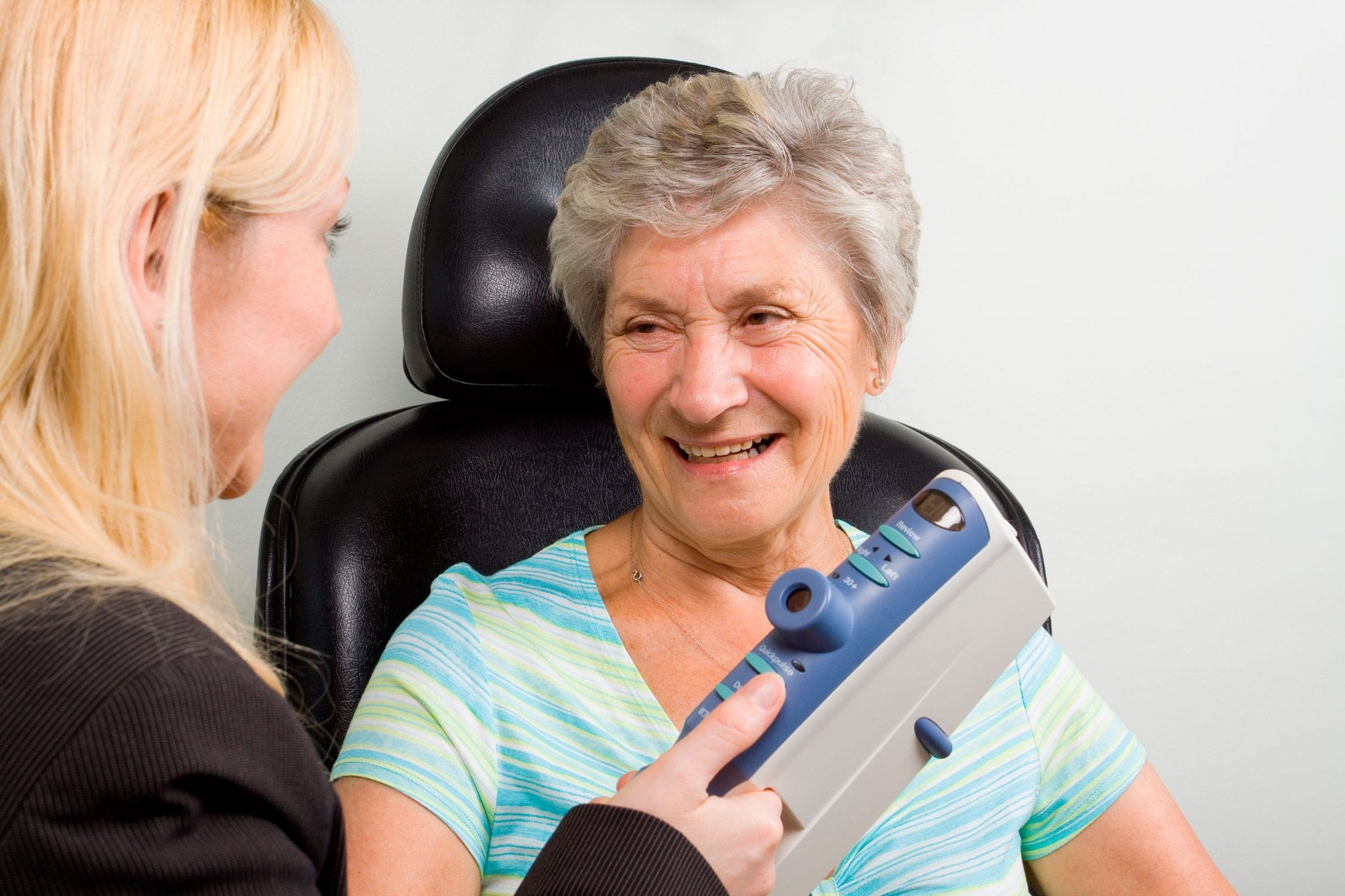Ptosis, or drooping of the upper eyelid, can be caused by a wide array of factors. While many are minor, there are some serious conditions that can be the root cause. Because every case of ptosis is unique, it is very important to see a doctor to help determine what exactly is triggering your droopy eyelids and discuss which treatment plan is best.
Naturally Occurring Causes
Drooping of the eyelids can happen to people of all ages, including newborns, though it is most common in older adults. The levator muscle located in the eye attaches to a tendon in order to lift the eyelid. Through the natural aging process, this tendon stretches or begins to deteriorate and leads to sagging. This sagging may be subtle or may cover the entire pupil.
The most common reason of drooping eyelids in children is congenital defects. A levator muscle that does not develop correctly will not allow the eyelid to lift fully. These children are at risk of developing amblyopia, better known as lazy eye. This condition can cause a limited range of vision in those affected and may require surgery to correct. The correction of ptosis in children should occur as early as possible in order to keep the condition from inhibiting proper vision development.
Medical Reasons behind Ptosis
Other causes of ptosis include injury to the levator muscle. If only one lid is sagging, the condition may simply be caused an injury to the nerve or by the presence of a sty. Sagging eyelids, especially those that affect both eyes, may also be caused by undiagnosed medical conditions. These can include brain tumor, cancer located in the muscle or nerves or stroke. Neurological disorders such as myasthenia gravis may also be responsible by causing weakened skeletal muscles. Ptosis may also develop as a result of diabetes. In this instance, the uncontrolled sugar levels cause damage to the nerves of the eye.
Whatever the underlying cause of your sagging eyelids, a proper diagnosis is crucial to treatment. In severe cases surgery may be necessary to tighten the levator muscles. Don’t wait any longer, schedule an appointment and discuss treatment options with a Florida Eye Care specialist.



